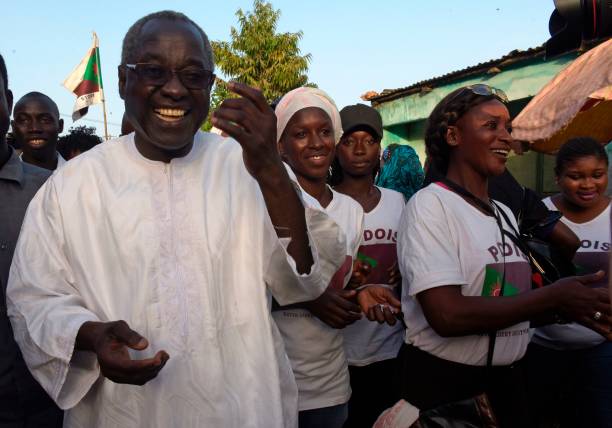ICJ rejects Myanmar’s objections to Gambia’s genocide case
The International Court of Justice (ICJ) on Friday rejected Myanmar’s preliminary objections to the case brought by Gambia under the International Genocide Convention, Human Rights Watch said on Friday.
A statement by the human rights watchdog stated the case concerns Myanmar’s alleged genocide against the ethnic Rohingya population in Rakhine State, with a focus on military operations launched in October 2016 and August 2017.
Gambia filed the case before the ICJ in November 2019 alleging that the Myanmar military committed the genocidal acts of “killing, causing serious bodily and mental harm, inflicting conditions that are calculated to bring about physical destruction, imposing measures to prevent births, and forcible transfers … intended to destroy the Rohingya group in whole or in part”.
“The ICJ decision opens the door toward an overdue reckoning with the Myanmar military’s murderous campaign against the Rohingya population,” said Elaine Pearson, acting Asia director at Human Rights Watch.
“By holding the military to account for its atrocities against the Rohingya, the World Court could provide the impetus for greater international action toward justice for all victims of the Myanmar security forces’ crimes,” Pearson added.
In February 2022, the ICJ heard Myanmar’s four objections challenging the court’s jurisdiction and Gambia’s legal standing to file the case, as well as Gambia’s response.
In its ruling, the court unanimously rejected three of Myanmar’s objections, and rejected one by a vote of 15 to 1.
The judgment affirmed that “the applicant in this case is the Gambia”; and that “a dispute relating to the interpretation, application and fulfilment of the Genocide Convention existed between the parties at the time of the filing of the application by the Gambia”.
It also said and that “the Gambia, as a state party to the Genocide Convention, has standing to invoke the responsibility of Myanmar for the alleged breaches of its obligations under Articles I, III, IV and V of the Convention”.
In response to Mynmar’s argument that Gambia has no standing to bring the case due to its lack of ties to Myanmar or the Rohingya, the court concluded: “All the States parties to the Genocide Convention thus have a common interest to ensure the prevention, suppression and punishment of genocide, by committing themselves to fulfilling the obligations contained in the Convention.”
Human Rights Watch said by rejecting the preliminary objections, the ICJ is allowing the case to proceed on the merits to examine Gambia’s genocide allegations against Myanmar. Myanmar will now have to submit its response to Gambia’s main arguments, filed in October 2020, detailing its case.
The ICJ case is not a criminal case against individual suspects, but a legal action brought by Gambia against Myanmar alleging that Myanmar bears responsibility for genocide as a state.





